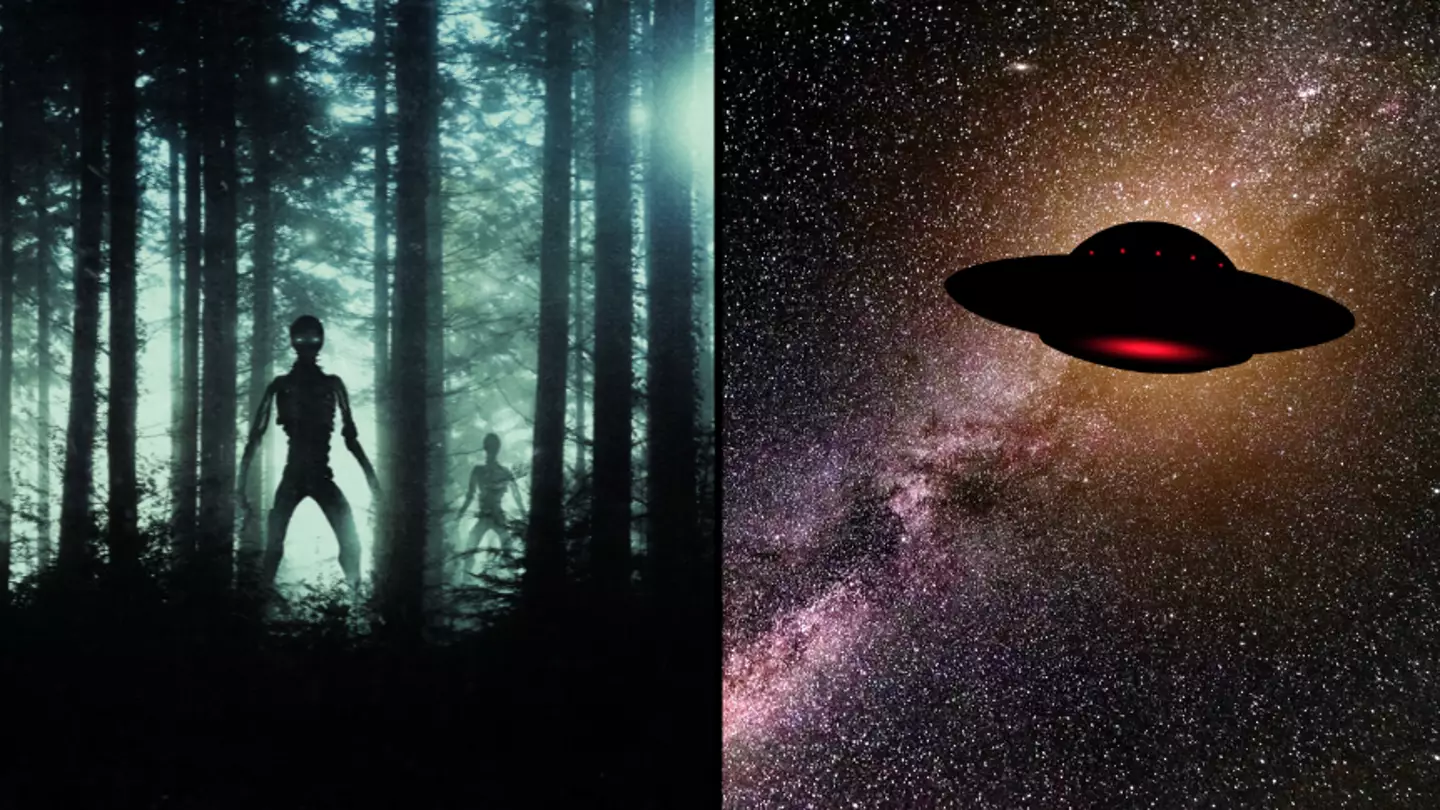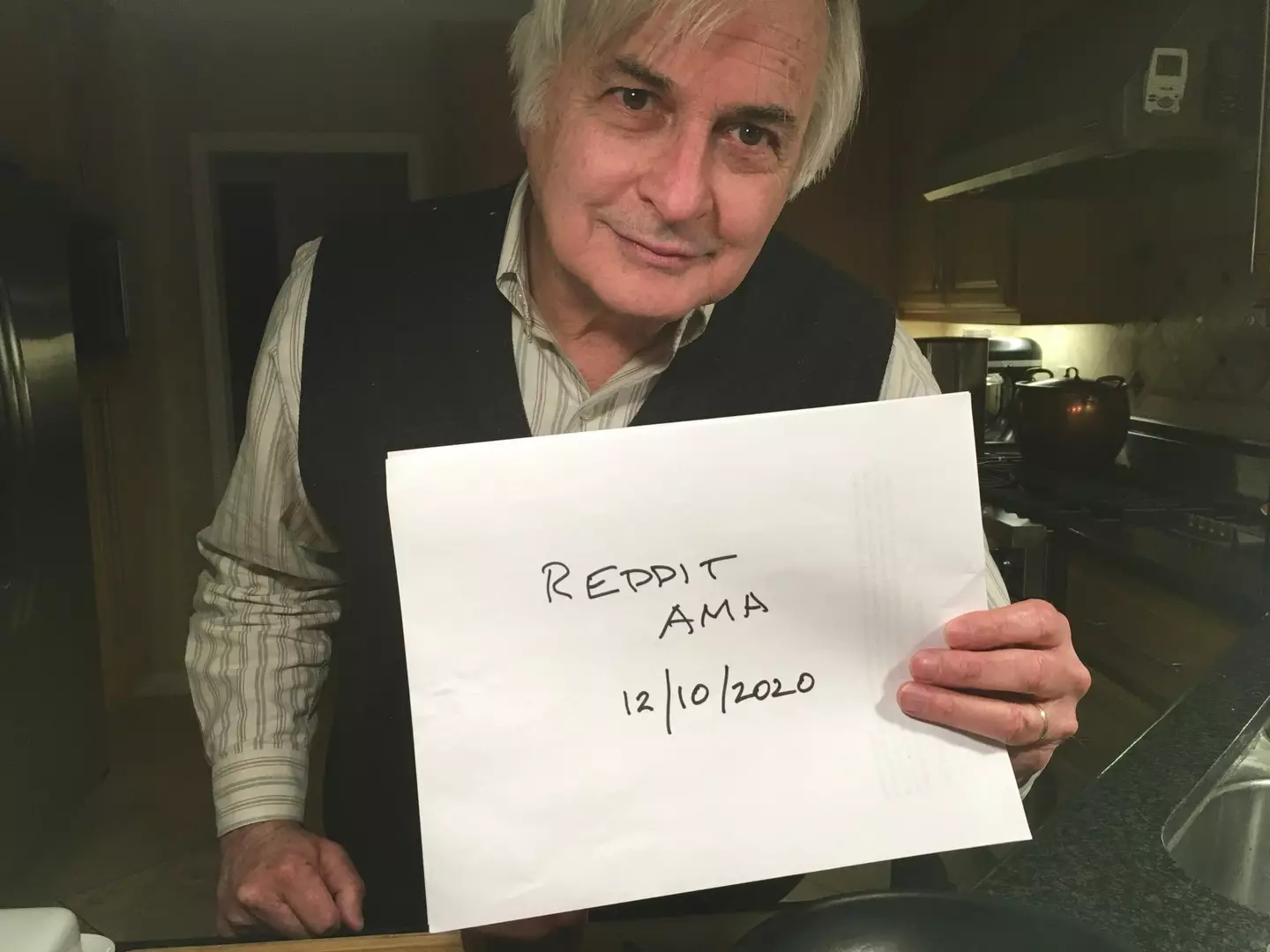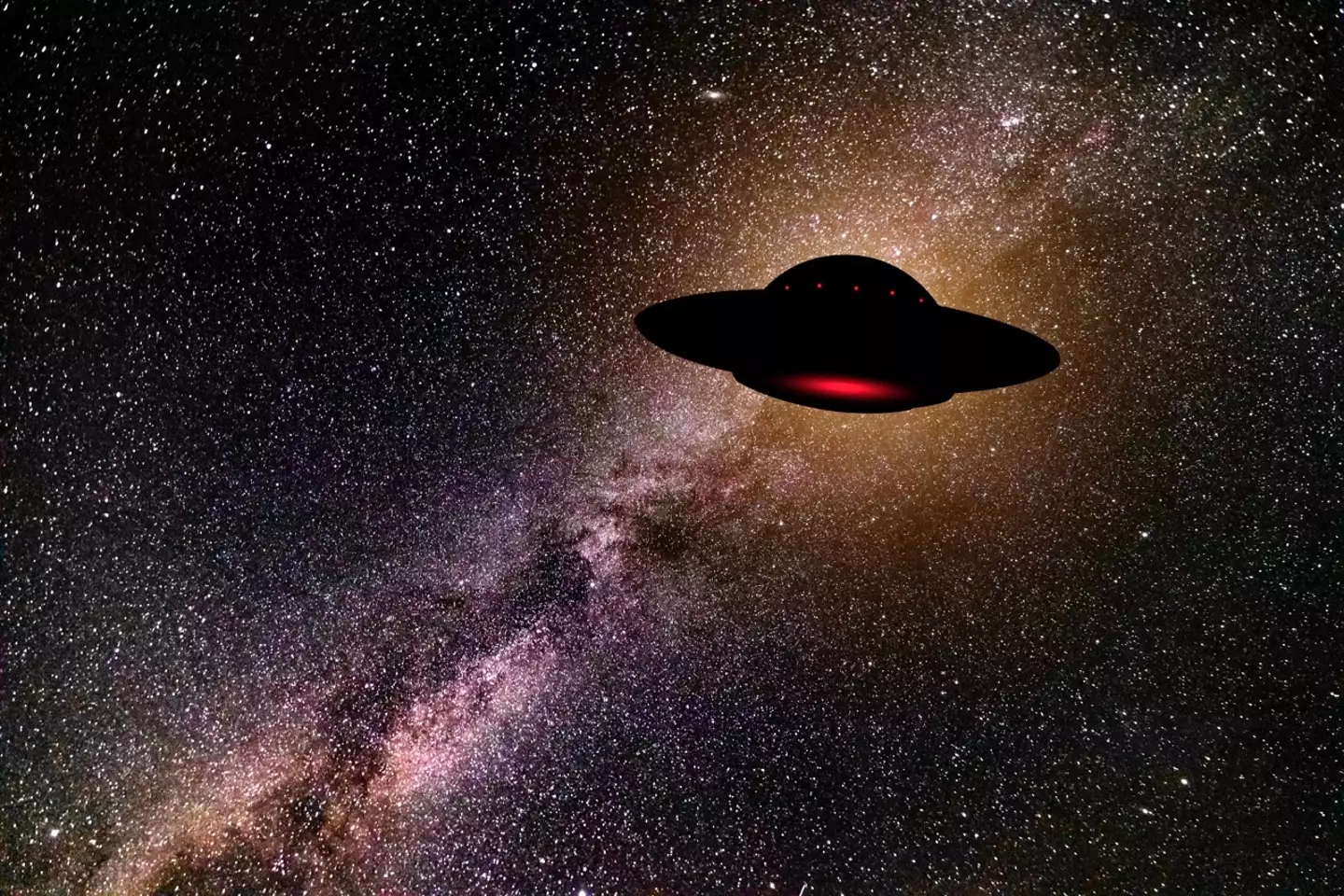
With each passing year it feels more and more unlikely that we're ever going to see an actual alien.
That's under the premise that they even exist in the first place.
But what keeps us wondering if there really is an extra terrestrial force are the scientists who haven't given up hope.
Astronomers have been on the hunt for aliens for years and have been sending out transmissions to space since the '70s.
Advert
Non-profit research organisation SETI (Search for Extraterrestrial Intelligence) have made it their goal to discover extraterrestrial intelligence and their senior astronomer is sticking with his prediction on when we should expect to receive a signal.
_Large.jpeg)
Seth Shostak, 80, is 'betting' that based on the steady improvement of technology, we could witness an alien signal pretty soon.
In a Reddit AMA thread from 2020, the American astronomer and author wrote: "OK, folks ... Here's your chance to grill me like a slab of salmon.
"Any and all topics, although we'll definitely be talking about monoliths, the Arecibo telescope, and the Israeli claims of secret diplomatic negotiations with aliens."
Advert
Responding to his proposal, one person asked: "Hello Seth, do you think we will still find intelligent aliens before 2036 as you had predicted before?"

The scientist replied: "I do! The trend of improving hardware -- mostly computers -- has proceeded unabated. I'm still betting on a signal by 2036."
Another fan questioned him on the chances of ever achieving 'any kind of contact'.
"Well, we're hoping to find a signal ... but that doesn't mean communication. If the aliens are a thousand light-years away, the conversation would be ... slow," Shostak wrote.
Advert
"But as for keeping folks interested, that's clearly something to think about.
"But you know, every few weeks there's news of some sort (Earth-like planet discovered, etc.) that reinvigorates interest in the search for life.
"And imagine what it would mean if we found microbes -- even long-dead microbes -- on Mars."
Shostak has been candid about preparing for the moment it does happen, adding: "There is a document. Briefly, it says, check the signal to make sure it is truly extraterrestrial.
"Then announce it to the world, and consult internationally before transmitting a reply."
Advert

The thinking is that the signals sent by NASA's Deep Space Network (DSN) to the Pioneer 10 satellite - that launched in 1972 - may have already reached aliens.
This means that we could receive a reply before the end of the decade.
Astrophysicist Jackie Faherty of the American Museum of Natural History in New York City also thinks that alien worlds will have 'the front row seat to finding Earth as a transiting planet'.
Professor Mike Garrett, Team Leader of the project and Director of Jodrell Bank Centre for Astrophysics at The University of Manchester, added: "Current estimates suggest we will have more than one hundred thousand satellites in low Earth orbit and beyond before the end of the decade.
Advert
"The Earth is already anomalously bright in the radio part of the spectrum; if the trend continues, we could become readily detectable by any advanced civilisation with the right technology."
Hopefully climate change doesn't kill us all before they come and visit.